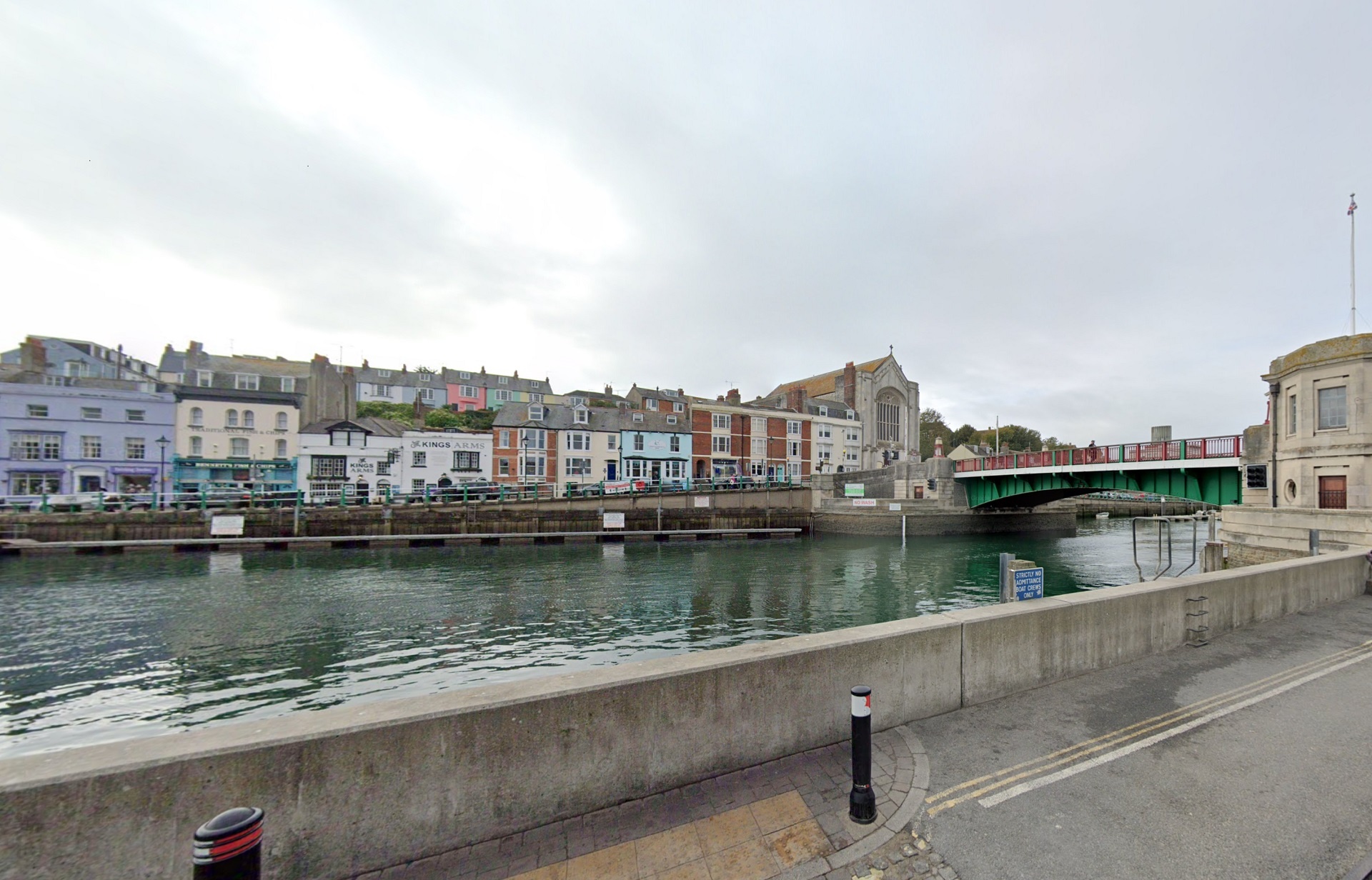Dorset & Wiltshire Fire and Rescue Service is urging all campsite managers in the Dorset and BCP areas to take precautions to minimise the potential fire risks in and around their sites.
The recent hot, dry weather has seen a spike in fires affecting fields, heathland and other open space across the country, often with devastating consequences.
As the summer holiday period gets underway, DWFRS is urging everyone who runs or uses a campsite over the coming weeks to be aware of the risks.
Site managers should carry out a risk assessment and provide both adequate firefighting equipment and some means to raise the alarm. Where appropriate, the site rules should be amended to restrict use of open fires in certain locations, therefore reducing the chances of fire spread during high-risk periods.
Group Manager, Charlie Pack, told KeeP 106: “Where campsites don’t have hardstanding available for barbecues, we would ask that they consider preventing their use. Campfires and fire pits can also be a significant danger, as it doesn’t take much for the wind to pick up, sending sparks and flames onto adjacent dry grassland. Most campsites should have at least six metres of clearance between pitches as a safety measure, but we would also encourage limiting use of any form of naked flame, and ensuring there is water supply easily available should the worst happen. Putting in some simple site requirements, and enforcing them, could make a huge difference.”
He added: “There are areas where fires are banned in law, and these are patrolled regularly, but in other areas, we are reliant on people acting responsibly. Barbecues, especially disposable ones, pose a significant danger, which is why we have our #BringAPicnicNotABBQ campaign. We don’t want to stop people having fun, but we do need them to really think twice before they light any kind of fire.”
Anyone running or using a campsite in a remote location is urged to make sure they have accurate address details, in case they have to call 999. Location apps, such as What3Words, can be beneficial in these cases.
More information about fire safety can be found at www.dwfire.org.uk
















